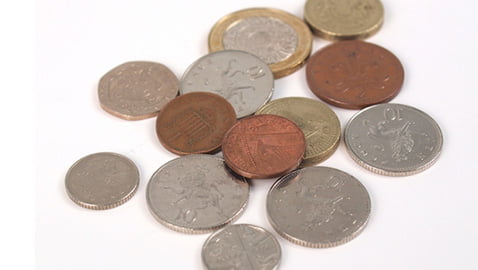
Essential spending growth has dipped below 1% for the first time in more than a year, echoing a new survey high of 136 points for consumer confidence – a rise of 18 points from this time last year, the Lloyds Bank Spending Power Report for March has found.
Confidence in the UK’s economic situation has seen the greatest improvement, with an index of 253 points, after the highest monthly increase seen to date and a 119 point increase from this time last year.
By category of spend, spending growth on gas and electricity bills, a source of previous consumer concern fell from around 5% last month to around 3% this month. Spending on food has also slowed, while spending on fuel is around 4% lower than a year ago.
Patrick Foley, chief economist at Lloyds Bank, said: “The economic backdrop for consumers continues to improve, as ongoing growth in employment, and pay growth that finally begins to keep pace with inflation, feeds through to rising confidence.
“As pressure on consumer wallets from essential spending continues to ease, both the willingness and capacity to undertake discretionary spending is likely to rise in the months ahead.”
Consumer sentiment towards the country’s financial situation continues to improve, with the proportion of consumers viewing the country’s financial situation as ‘not good or not good at all’ down from 90% in March 2013 to 71% in March 2014. Specifically, the number of those stating it is ‘not good at all’ fell by 25 percentage points compared to this time last year. Consumers in the North East of England hold the most negative sentiment towards the country’s financial situation, with 80% feeling it is ‘not good or not good at all’, compared to those in Great London who feel the least negative at 59%.
Sentiment towards the housing market is also on the rise, with the balance of opinion continuing to edge towards an overall positive result. The balance of opinion for March sits at -8%, up from -11% in February and a 44 percentage point increase compared to this time last year. Those in Northern Ireland continue to have the most negative view, with the balance of opinion at -32%.
Feeling towards the country’s employment situation continues to improve further after the jump seen last month. The balance of opinion between those who feel the employment situation is ‘excellent, very good or somewhat good’ versus ‘not good or not good at all’ rose by a further five percentage points in March to -36%.
The North East continues to have the most negative view of the employment situation, with the balance of opinion standing at -61%, this compares to those in Greater London who have the most positive view at -16%. Those in Northern Ireland have seen the greatest improvement, up from -60% in March 2013 to -18% this month.
However, the improvement in consumers’ sentiment towards their own personal finances remains relatively muted with the positive balance of opinion up three percentage points this month, taking it to +15%. Consumers aged between 45-54 are the only subgroup to have a negative balance of opinion towards their personal finances at -4%.
Philip Robinson, director of personal current accounts, said: “With spending growth on essential items easing overall, we are starting to see the rewards with consumer sentiment towards housing, employment, personal finance and the country’s financial situation all increasing.
“This in turn should help see a steady increase in future discretionary income as we are already starting to see the rise in those able to pay off debt. Looking towards the next six months, we hope this swing will be even more pronounced, helping consumers to feel more in control of their finances.”